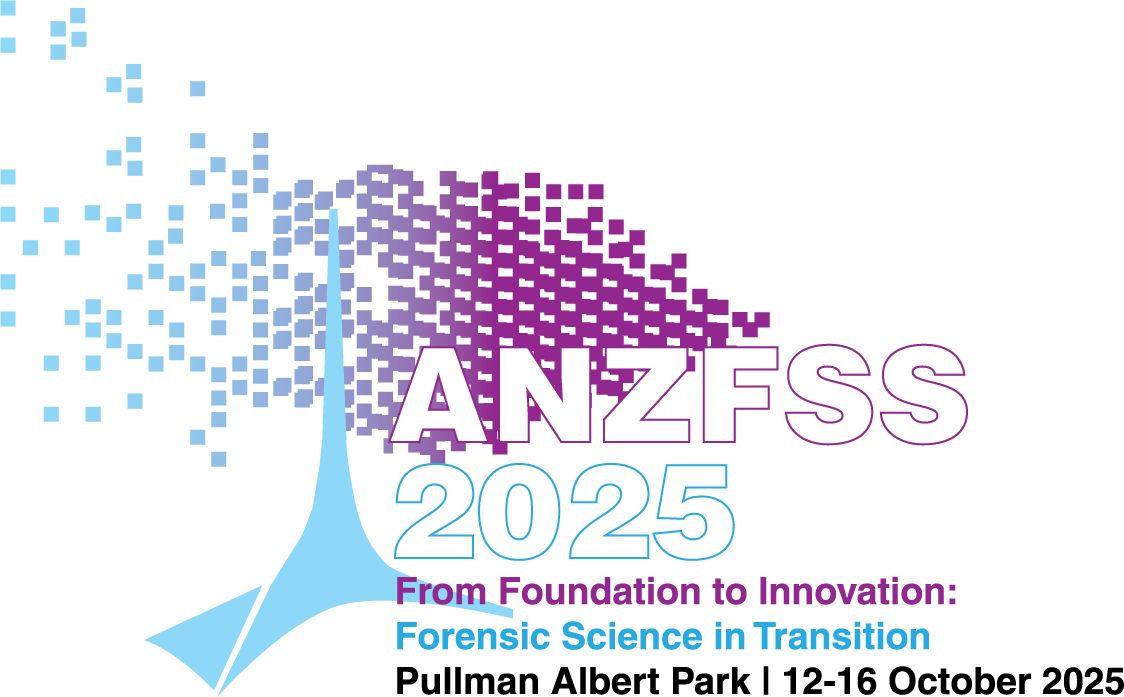A deep dive into Apple Health Data
Time: Monday 10:40 – 12:30
Presenters:
- Luke Jennings Digital Forensic Sciences Australia Pty Ltd
- Matthew Sorell Digital Forensic Sciences Australia Pty Ltd, University of Adelaide, Australia, Tallinn University of Technology, Estonia
A Workshop on Applications and Interpretation of Apple Health Data in Criminal Investigation
Apple Health Data draws on motion, location and biometric sensors in the Apple iPhone and Apple Watch to log exercise and activity in the Apple ecosystem. Drawing on our operational experience which dates back to the Myrna Nilsson murder (2016) [1] and the doctoral thesis of the lead author [2], we present a workshop and scaffolded online exercise which introduces the structure of the key Apple Health databases healthdb_secure.sqlite and cache_encryptedC.db.
We present some of our validation work, drawing on controlled experiments and the personal health data of one of the authors, collected since 2017 [3].
Along the way, we’ll demonstrate the applications and limitations of health data in criminal investigation.
[1] M. Carter, Caroline Nilsson found not guilty of murdering mother-in-law after smart watch case retrial, ABC News, 26 October 2021.
[2] L. Jennings, On the Forensic Application of Apple Health Data, PhD Thesis, University of Adelaide, 2024
[3] L. Jennings et al, Apple Health Location Tracking In Micro and Macro Detail”, DFRWS-APAC, 28-30 September 2022, Adelaide.

